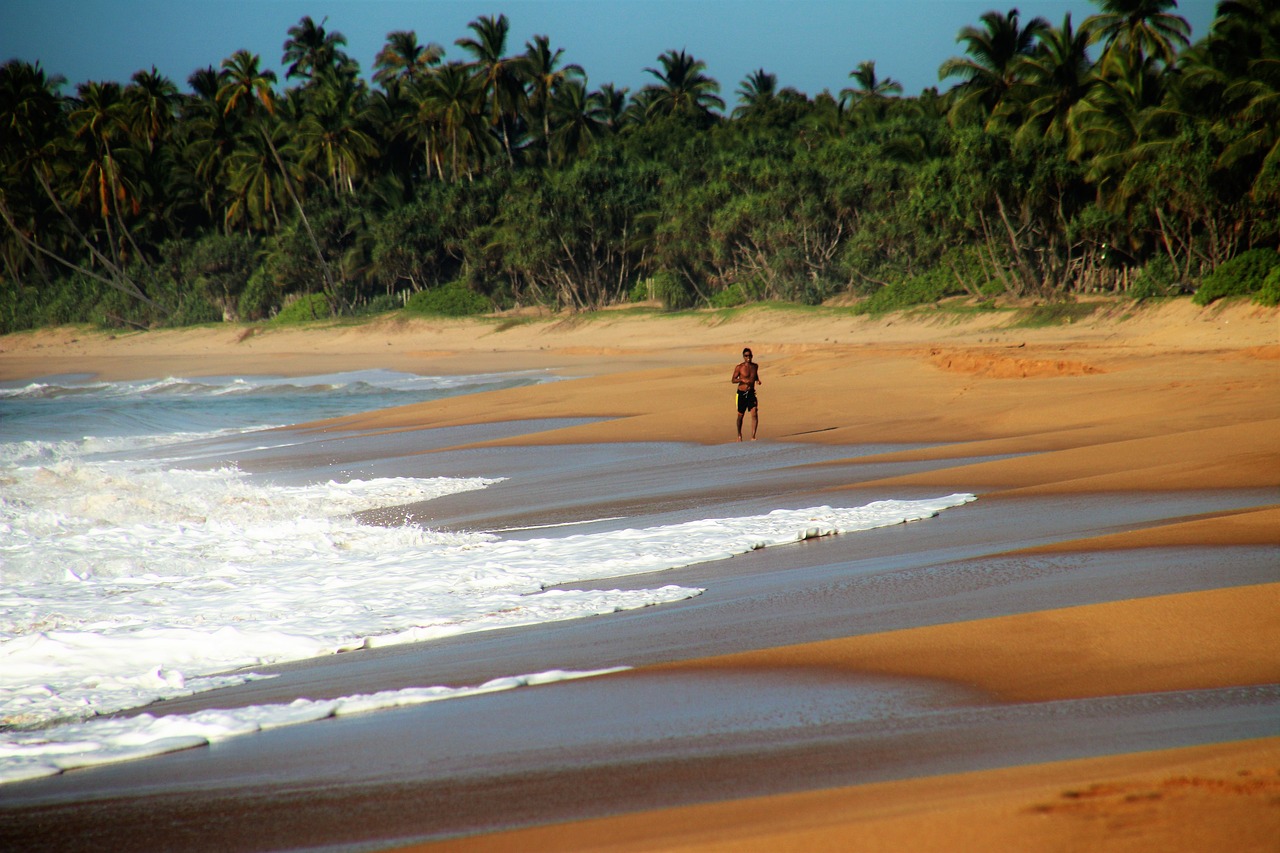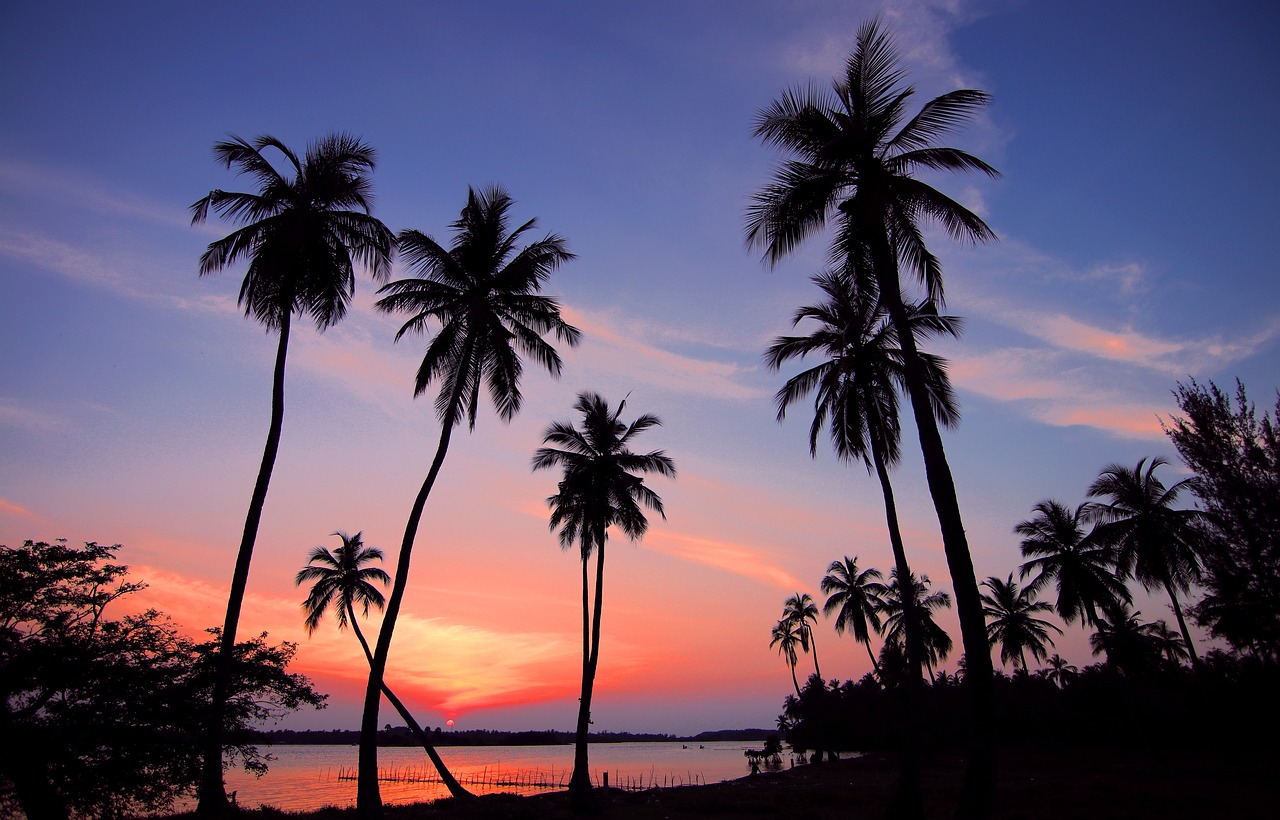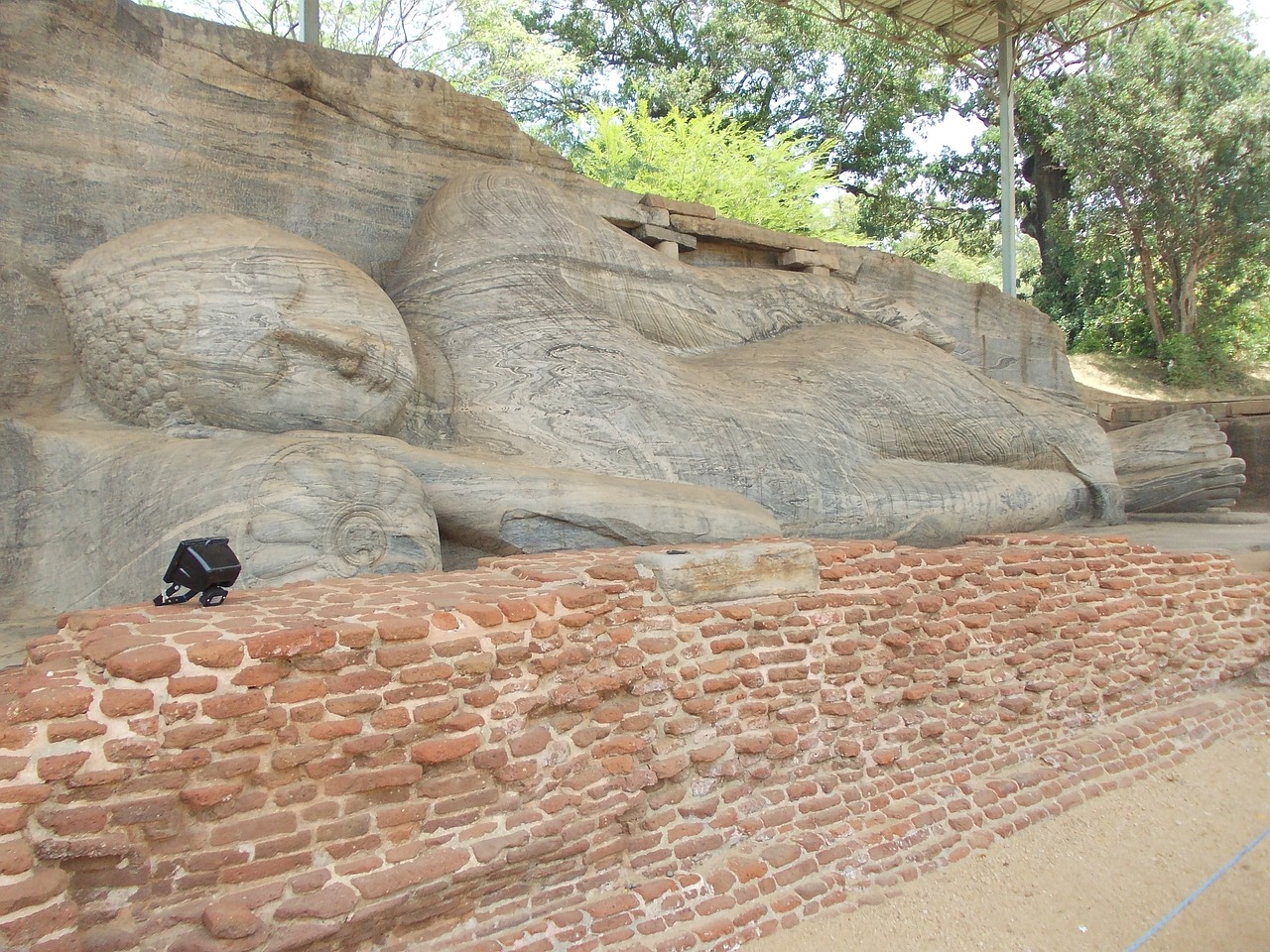Sri Lanka Video
Insider Tips: Avoiding Tourist Traps in Sri Lanka
Sri Lanka, known as the “Pearl of the Indian Ocean,” is a stunning island nation with a rich history, diverse culture, and breathtaking landscapes. While it offers a plethora of attractions for tourists, it’s important to be aware of potential tourist traps that can dampen your experience. To help you navigate through Sri Lanka with ease, here are some insider tips to avoid tourist traps and make the most of your visit.
Getting Around
- Choose Authorized Taxi Services: Stick to authorized taxi services like Kangaroo Cabs and PickMe to ensure fair pricing and reliable service. Avoid unlicensed taxis that may overcharge or take longer routes.
- Use Local Transportation: Experience the local way of getting around by using public buses and trains. They are affordable and offer a unique glimpse into everyday life in Sri Lanka.
- Beware of Tuk-Tuk Scams: Negotiate the fare before getting into a tuk-tuk (auto-rickshaw) and ensure they use the meter. Some drivers may try to charge inflated prices to unsuspecting tourists.
Image: 
Accommodation
- Research and Book in Advance: Avoid last-minute accommodation decisions by researching and booking your stay in advance. Look for reputable guesthouses, hotels, or resorts that suit your preferences and budget.
- Read Reviews: Before finalizing your accommodation, read reviews from trusted sources like TripAdvisor or Booking.com to get insights from previous guests. This will help you make an informed decision.
- Avoid Unverified Listings: Be cautious when booking through online platforms or classifieds. Stick to verified listings to ensure the legitimacy and quality of the accommodation.
Popular Tourist Sites
- Visit During Off-Peak Hours: To avoid crowds and long queues, plan your visits to popular tourist sites during off-peak hours. Early mornings or late afternoons are generally less crowded.
- Engage Local Guides: Hire local guides to enhance your experience and gain deeper insights into the history and culture of the sites you visit. They can provide valuable information and help you avoid unnecessary expenses.
- Be Wary of Touts: Beware of individuals offering guided tours or services outside official entrances. Stick to authorized guides and avoid falling into scams or paying inflated prices.
Shopping
- Compare Prices: Before making a purchase, compare prices across different stores to ensure you are getting a fair deal. Don’t hesitate to negotiate for better prices, especially in local markets.
- Avoid Street Vendors: While street vendors may offer tempting deals, be cautious when purchasing from them. Quality and authenticity can be questionable, and you may end up with counterfeit products.
- Support Local Artisans: Look for stores that promote local craftsmanship and support local artisans. This way, you can purchase authentic and unique souvenirs while contributing to the local economy.
Food and Drinks
- Try Local Cuisine: Sri Lanka is famous for its delicious food. Explore local eateries and street food stalls to savor authentic Sri Lankan dishes. Ask locals for recommendations to discover hidden culinary gems.
- Check Hygiene Standards: Ensure that the places you dine at maintain good hygiene standards. Look for cleanliness, food handling practices, and customer reviews to make an informed choice.
- Avoid Overpriced Restaurants: Tourist-heavy areas often have restaurants with inflated prices. Venture away from the main tourist spots to find more affordable and authentic dining options.
Wildlife Encounters
- Visit Ethical Animal Sanctuaries: When interacting with wildlife, prioritize ethical practices. Choose reputable sanctuaries that promote animal welfare and conservation rather than supporting exploitative activities.
- Avoid Animal Rides: Refrain from participating in activities that involve riding animals, such as elephant or camel rides. These practices can be harmful and distressing for the animals involved.
- Observe from a Distance: Respect the natural habitats of wildlife and maintain a safe distance when observing animals in their natural environment. Do not disturb or feed them.
Negotiating Prices
- Master the Art of Haggling: Bargaining is a common practice in Sri Lanka. Develop your negotiation skills to get better prices, especially in markets or when purchasing from street vendors.
- Be Polite and Respectful: Approach negotiations with a friendly and respectful attitude. Building rapport with the seller can often lead to more favorable prices.
- Research Average Prices: Before entering into negotiations, research the average prices for the item or service you are interested in. This will give you a better idea of a fair price range.
Local Customs and Etiquette
- Dress Modestly: Sri Lanka is a conservative country, so it’s important to dress modestly, especially when visiting religious sites or local communities. Cover your shoulders and knees as a sign of respect.
- Respect Religious Practices: When visiting temples or religious sites, follow any rules or guidelines provided. Remove your shoes, cover your head if required, and avoid any actions that may be deemed disrespectful.
- Learn Basic Phrases: Familiarize yourself with basic greetings and phrases in the local language, such as “hello,” “thank you,” and “please.” Locals appreciate the effort and it can make your interactions more enjoyable.
Health and Safety
- Stay Hydrated: Sri Lanka’s tropical climate can be hot and humid. Carry a water bottle and stay hydrated throughout the day to avoid dehydration.
- Use Sun Protection: Apply sunscreen, wear a hat, and use sunglasses to protect yourself from the strong sun. This is especially important if you plan to spend long hours outdoors.
- Take Precautions against Mosquitoes: Sri Lanka is known for mosquitoes, so use repellents, wear long sleeves and pants, and consider staying in accommodations with mosquito nets.
Conclusion
By following these insider tips, you can avoid tourist traps in Sri Lanka and have a memorable and enjoyable experience. Remember to plan ahead, research, and be mindful of local customs, and you’ll be well on your way to discovering the true beauty of this remarkable destination.
Sri Lanka Image 1:

Sri Lanka Image 2:

Sri Lanka Image 3:

References
- TripAdvisor – www.tripadvisor.com
- Booking.com – www.booking.com
- Kangaroo Cabs – www.kangaroocabs.lk
- PickMe – www.pickme.lk


